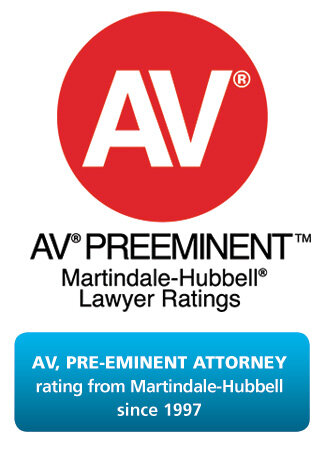6 Reasons to Consider an ESOP
Read an example that help explains how this ESOP process works: "Fulton Tool & Die- Complete buyout of a C corporation shareholder, followed by an S corporation election."
1. You can get a fair price for your stock.
Many owners of closely held businesses are unable to find a buyer who will pay a fair price for their stock, especially if they are initially offering only a minority block of shares. An ESOP provides a market for closely held stock, at a fair price determined by an independent appraiser.
2. Your company can write off the expense of buying your stock.
The Company can deduct from taxable income the amount of contributions made to finance the purchase of your stock by the ESOP (within limits). In a leveraged ESOP, this means that the Company can, in effect, deduct interest and principal payments on the loan used to purchase your stock, and in some cases the use of stock dividends to repay purchase debt. Without an ESOP, only interest payments would be deductible. This savings boosts after tax profits and the Company’s ability to buy your stock.
3. Your Sub-S company’s ESOP pays no income tax.
An ESOP trust can be a shareholder in your Sub S company. In fact, the more stock in the S company the ESOP holds, the more tax-free cash remains in the company. An ESOP has greater tax advantages than any other Sub S shareholder, in that its income is not taxed (due to its exemption from UBIT tax). Instead that income is only taxed to the ESOP participants when they take their distribution upon leaving the company. Employer contributions are deductible for up to 25% of covered compensation. There are no additional deductions for repayment of loan interest. An ESOP in combination with a 401(k) plan, allows the company match to be made in Company stock. A Sub-S ESOP is not eligible for the expanded tax or dividend deductions of a leveraged ESOP, nor the capital gains rollover.
4. Your proceeds from an ESOP stock sale may be tax-free.
If you sell your stock in a Subchapter C company to an ESOP and reinvest the proceeds from the sale in stock of another U.S. Company, your capital gain from the sale will not be taxed until you sell the newly acquired stock. If you decide not to sell the new stock during your lifetime, you may avoid taxation of the ESOP sale income entirely (depending on the estate tax basis rules applicable on the date of death). This tax “rollover” is only available if, after the sale, the ESOP holds at least 30% of the Company stock. Certain other federal requirements must also be met.
5. ESOPs are very flexible.
ESOPs are very flexible. You can cash out all your shares immediately, or you can gradually sell your shares to an ESOP over many years.
6. Sale to an ESOP preserves the company’s independence and rewards the people who made it a success.
You may be reluctant to sell your company to a buyer with no ties to the community. Frequently the sale of a local business to an outsider results in alienation of the work force, curtailment of operation, sale of assets, plant shutdown, or relocation. Sale to your employees through an ESOP may be the best way to ensure the continued success of your business.
EMPLOYEE OWNERSHIP THAT FITS YOUR NEEDS
We can smoothly transition your privately-owned business to a worker-owned one that meets the seller’s objectives, is socially responsible and includes employee participation. Learn more
TESTIMONIAL
“Our firm would not be the strong, participative, growing ESOP company it is today without Atty. Deborah Groban Olson’s guidance over the past 15 years. When we hired Deb, our company was undergoing major changes and the employees almost lost ownership of the company. Deb helped us work through complex legal matters to make difficult, but necessary decisions. She helped labor and management understand necessary changes and took the heat out of many discussions between them which led to our current cooperative relationship. Deb’s work has been thorough and prompt and she has been available to speak with us whenever needed." -Mary Landry, Board Chair, MBC Ventures, Inc.






